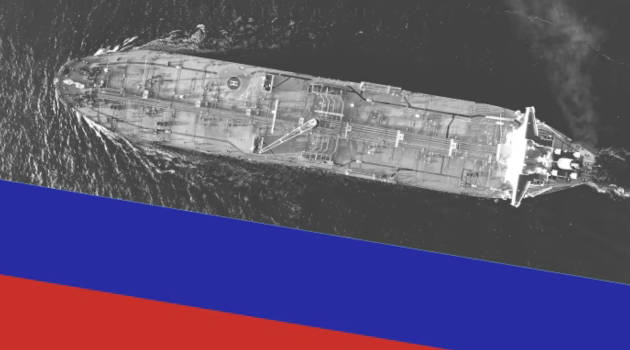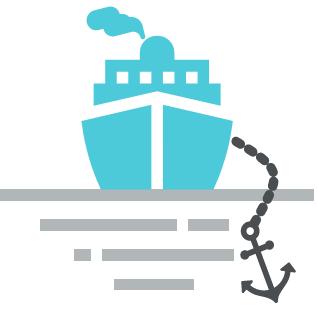UK Government Launches Major Sanctions Against Shadow Tanker Fleet to Support Ukraine and Enhance Global Trade Security
The UK government has introduced its largest sanctions package to date against the shadow tanker fleet, urging other nations to strengthen their efforts in support of Ukraine. This latest action targets 30 tankers and two insurance companies, marking a significant step in the UK’s campaign against the illicit oil trade.
The UK government highlighted the risks posed by the shadow fleet to global trade, noting that many of these vessels engage in deceptive practices and disregard safety standards, which increases the likelihood of environmental disasters such as oil spills. The UK emphasized the importance of restricting the revenues of these operations, including taking action against the companies that insure these tankers, to ensure collective security.

This initiative is one of the most extensive since Western countries began efforts to limit Russia’s oil trade, coinciding with the continued expansion of the shadow fleet. Recent data from S&P Global indicated that 889 tankers, each with a capacity of at least 27 000 deadweight tons (dwt), have been identified as transporting sanctioned oil from countries like Russia, Iran, and Venezuela, representing over 111,6 million dwt and 17 % of the global tanker fleet.
Unlike previous UK sanctions that primarily targeted vessels registered internationally, this new list includes 11 ships indirectly controlled by the Russian company Sovcomflot through its subsidiaries in St. Petersburg. Nine of the sanctioned tankers are registered in Russia, and two Russian companies, Alfastrakhovanie and VSK, have also been sanctioned for their role in supporting the shadow fleet.
Many of the vessels are managed from India or China and are registered under various flags, predominantly Panama, with others from Gabon, Barbados, Sierra Leone, the Cook Islands, and Antigua and Barbuda. Some vessels are more clearly part of the shadow fleet, with unknown management, and two have been identified in the Equasis database as having false registration information.
The UK reported that on November 12, it challenged a tanker named Ksena, which claimed to be registered in Panama and managed from Moldova. The tanker did not respond to the challenge or provide insurance details, leading to its inclusion in the sanctions list. The UK has challenged 43 vessels with questionable insurance as they navigate through its waters, and the sanctions allow the UK to bar these tankers from entering its ports.
Currently, the UK has sanctioned 73 oil tankers, surpassing the US with 39 and the EU with 19. Notably, half of the vessels listed in this latest round transported over $4.3 billion worth of oil and oil products in the past year.
This new sanctions effort coincides with UK Foreign Secretary David Lammy’s meetings with G7 foreign ministers. UK Prime Minister Keir Starmer previously noted that 46 countries and the EU are participating in sanctions against the shadow fleet, and Lammy aims to garner further support during the current discussions. The EU is also reportedly working on its next phase of sanctions, following a recent resolution from the European Parliament calling for enhanced enforcement of the price cap on Russian oil by targeting the shadow fleet.

